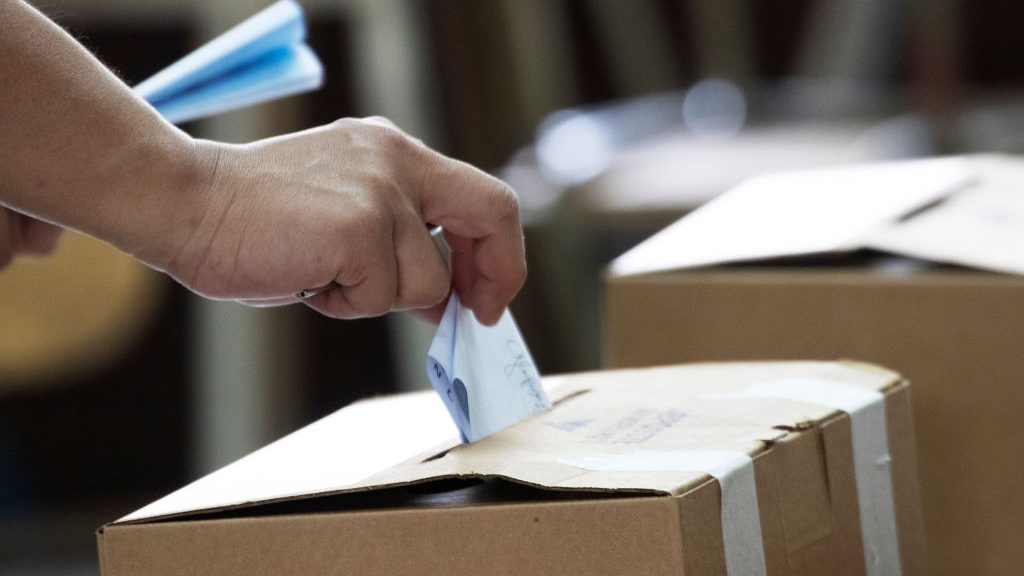The two objectives of the electoral campaign in Costa Rica, according to Zovatto 1:37
(CNN Spanish) --
Costa Rica experienced an atypical election in February with 25 candidates for the presidency for the first time.
Now he is getting ready for the second round of the presidential elections, which takes place this Sunday, between former President José María Figueres and former Minister of Finance Rodrigo Chaves.
For the fourth time, the country's voters will have to decide in the second round who will be the next president of the republic and his two vice presidents, the same situation as in the 2002, 2014 and 2018 elections.
None of the candidates in the February 6 contest achieved 40% of the valid votes to avoid the ballot, but it is clear that the industrial engineer and former president José María Figueres, candidate of the center-left National Liberation party, and the economist and former minister of Hacienda Rodrigo Chaves, of the conservative Democratic Social Progress party, will be part of the new ballot for Sunday, April 3.
One of them will assume the presidency on May 8 for the period 2022-2026.
Who is Rodrigo Chaves, the former minister in the second round of the Costa Rican elections?
Who is José María Figueres, the former president who is contesting the second round of the Costa Rican elections?
For the first round and with almost 90% of the polling stations processed, the results of the Supreme Electoral Tribunal gave Figueres the first place with an advantage of around 10 percentage points.
Figueres obtained 27.26%, compared to 16.70% for Chaves.
Figueres and Chaves lead elections, according to preliminary results 4:38
The highest percentage is for abstentionism with 40.29%, a figure – the highest since 1953 – that stalks the candidates in the second round of one of the most stable democracies on the continent.
But clouded by the loss of confidence of the electorate who, according to experts, do believe in the democratic system of the country, but less and less in the proposals of the political parties.
advertising
Ronald Alfaro, political scientist and coordinator of the surveys of the Center for Research and Political Studies of the University of Costa Rica (CIEP/UCR), points out that these elections mark the first time that the ruling party – in this case Acción Ciudadana (PAC) )– is not in the second electoral round.
The PAC obtained only 0.66% of the votes and was left without representation in Congress.
In addition to the ballot to choose the president and two vice presidents of the republic, the February 6 elections included another that defined the 57 deputies who will make up the new legislature that begins on May 1, seven days before the new president.
Elections


/cloudfront-eu-central-1.images.arcpublishing.com/prisa/I4DOLTZ54FFLBDWO2DRQEK7QGQ.jpg)

/cloudfront-eu-central-1.images.arcpublishing.com/prisa/HLK7GOESWRBMZA2KE2VATJISN4.jpg)



/cloudfront-eu-central-1.images.arcpublishing.com/prisa/T7IWWQIQZZHJZCRUMJSKJLCNSY.jpg)
